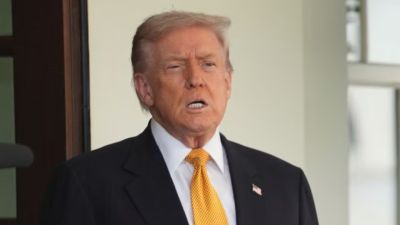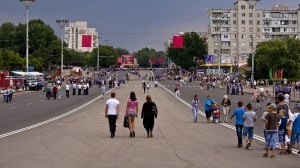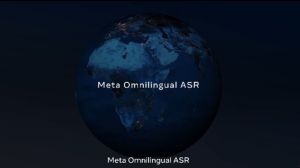US raised issue of ethnic violence,tech transfer to Pak with China
The cables span the tenure of two US presidents and one Chinese,Hu Jintao.
MICHAEL WINES
This capital citys skies were clogged with pollution,as is often the case,and Chinas government was concerned. So it summoned officials of the American Embassy here to a meeting.
But the session had nothing to do with hazy skies. Rather,Chinese officials were peeved that the Americans were monitoring pollution themselves,and posting on Twitter for anyone to read,their more precise findings,which usually judged the smog far worse than official Chinese readings.
Chinese officials feared the conflicting information might lead to social consequences, a US Embassy cable quoted the officials as saying. So could the Americans please block Chinese citizens from visiting the Web site?
That July 2009 cable,posted on the WikiLeaks website on Friday,is one of hundreds from the US Embassy in Beijing that offer a glimpse into the depths,and heights,of relations between the US and Chinese governments. The cables,involving secret but not very diplomatically delicate correspondence between the two powers,cover topics ranging from Chinas claims on the South China Sea to the daily exercise regimen that the Chongqing Communist Party secretary,Bo Xilai,designed for himself.
Their revelation appears unlikely to ruffle diplomatic relations. But they could lead to serious consequences for Chinese academics,students and others who talked frankly to US officials,and who are identified,either by name or by precise description,in cables.
Among the cables were analyses of Chinas social stability,the isolated political position of the prime minister,Wen Jiabao,and tensions between Chinas majority Han population and ethnic Uighurs in Xinjiang,the western region that has been plagued by violence.
The cables span the tenure of two US presidents and one Chinese,Hu Jintao. They describe a crucial global relationship that is warm in some aspects and conspicuously icy in others.
One lengthy report on 2009 military talks between the Pentagon and the Peoples Liberation Army noted that the senior Chinese official,Lt Gen Ma Xiaotian,prolonged an hourlong discussion by an additional 30 minutes to attack US arms sales to Taiwan and US military reconnaissance within Chinas 200-nautical-mile exclusive economic zone. General Ma also said Chinas analysts did not believe that US missile defences were in fact defensive.
The cables include a stream of messages from US to Chinese officials about the proliferation of nuclear weapons and missile technology,usually from North Korea or from Chinese companies to Iran. In cable after cable,Americans warn of attempts by an Iranian front company in Malaysia to purchase nuclear components; a North Korean flight to Iran,via Beijing,that may have carried ballistic missile experts; and Iranian efforts to buy aluminum plates from a Chinese company for use in cruise missiles. Other cables cited Chinese companies efforts to sell prohibited technologies or materials to Pakistan. What the Chinese did with the warnings is not stated.



- 01
- 02
- 03
- 04
- 05




























